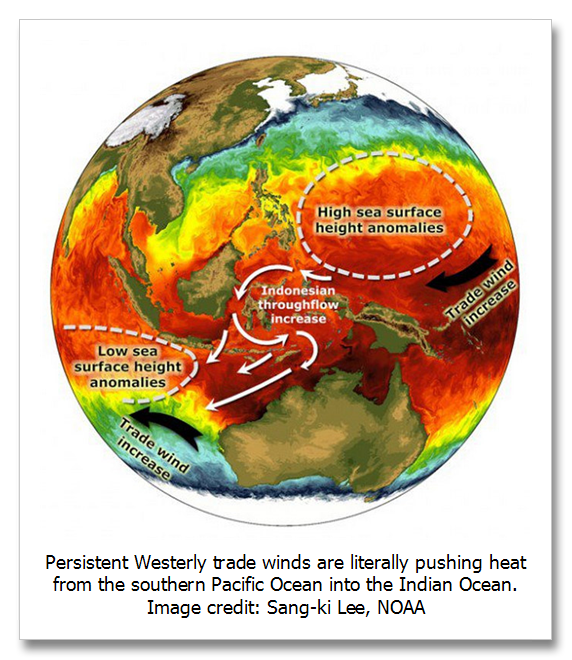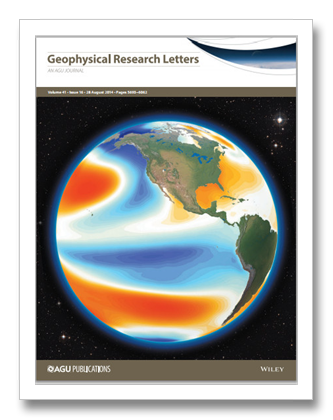
Feedbacks kick in: 2017 is second warmest without El Niño influence by Bruce Melton First published on The Rag Blog, February 1, 2018 NOAA, the UK Met, and World Meteorological Organization (WMO) have all stated that 2017 was third warmest. But these three organizations use data that only averages temperature in the Arctic out to…



